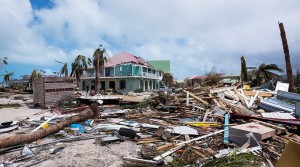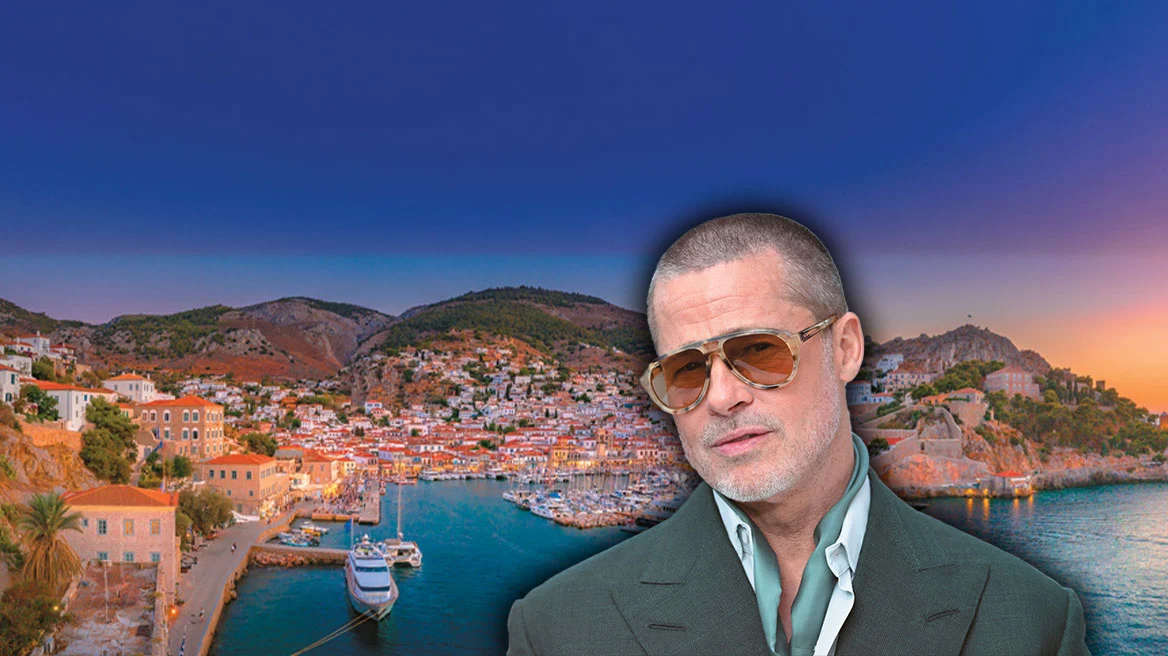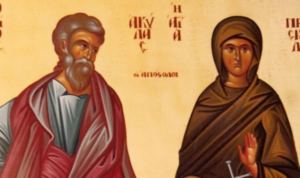Some six million people are under a hurricane watch including some of the most populated areas in Florida like Miami, Broward County, which is home to Ft. Lauderdale, and West Palm Beach. As people in south Florida board up their homes and head north to escape Irma’s wrath, several Caribbean islands are dealing with its aftermath.
In the Dominican Republic, torrential rains flooded parts of the island nation, damaging homes and leaving roads completely blocked by falling trees.
In Barbuda, the Prime Minister says the country is barely habitable after nearly every single home was damaged by the storm.
More than half of Barbuda’s residents are now homeless and government officials say it could take millions of dollars and years to rebuild.
“What I saw was heart wrenching. I mean absolutely devastating,” Antigua and Barbuda Prime Minister Gaston Browne said.
Even though Puerto Rico avoided the brunt of the storm, a million people are without power and 50,000 are without water after Irma sideswiped the island, knocking down trees and power lines and putting Florida in its cross hairs.
In Barbuda, communications were severed as Irma made landfall just before midnight on Tuesday. Antigua, 25 miles to the south, dodged the full force of the storm, prompting Prime Minister Gaston Browne at first to declare it a miracle that his nation had been spared.
Irma smashed into St. Martin, about 60 miles northwest of Barbuda. The island was directly in the storm’s path, and the half-French, half-Dutch island suffered horrendously as a result.
At least four bodies have been recovered on St. Martin, the French side of the island, according to French Prime Minister Edouard Philippe, who quoted one local official as saying that 95 percent of the island’s houses had been damaged and 60 percent were uninhabitable. Earlier, France’s interior minister said at least eight people had died. On the Dutch side of the island, Netherlands Prime Minister Mark Rutte said Thursday there was as yet “no clarity” on victims. However, he did say it was clear that devastation of “epic proportions” had been visited on the island.
French President Emmanuel Macron said his country was “grief-stricken” by the destruction on St. Martin. Macron tied the destruction to climate change, saying the world must act now “so we can avoid such natural disasters in the future.”
St. Martin’s famous Princess Juliana International Airport that abuts the beach (and has become a mecca for foolhardy tourists and thrill-seekers who brave the dangerous jet wash as planes take off) was badly damaged, as revealed by photographs tweeted by the Dutch navy, which has two ships stationed off the coast as part of relief efforts.
In the U.S. Virgin Islands, the government in the territory reported three fatalities on the main island of St. Thomas.
Gov. Kenneth Mapp said the U.S. territory had sustained “significant devastation.”
Mapp said a number of fire and police stations were wiped out and hospitals and medical facilities were damaged.
Although Irma passed just north of Puerto Rico, sparing it a full-on hit from the storm, the island’s precarious electrical infrastructure couldn’t withstand the glancing blow. More than 1 million Puerto Ricans were reportedly without electricity.
“It will be difficult to estimate how long the power outage will last,” Puerto Rican Gov. Ricardo Rosselló said Thursday.
Rosselló added that ports on the island are still closed, and it’s unclear when commercial flights will resume, according to the AP.
“We would like to start out thanking the Almighty,” Rosselló was quoted by The New York Times as saying of the relatively small impact the storm had. “Our prayers were answered.”
Schools and government offices are scheduled to reopen on Monday, the news service reports.
Although the storm was grazing the northern side of the Dominican Republic, rather than hitting it straight on, the director of the country’s Emergency Operations Center, Juan Manuel Méndez, warned citizens not to be complacent.
Like the Dominican Republic, Haiti is only getting a sideswipe from Irma, but unlike its neighbor on the island of Hispaniola, the land in French-speaking Haiti has been largely denuded of trees, leaving it especially vulnerable to landslides and flooding from heavy rains.
Evacuations were ordered along the country’s northern coast, including Tortuga island, but it wasn’t known how many people heeded the order.
source: npr.org
Ask me anything
Explore related questions





